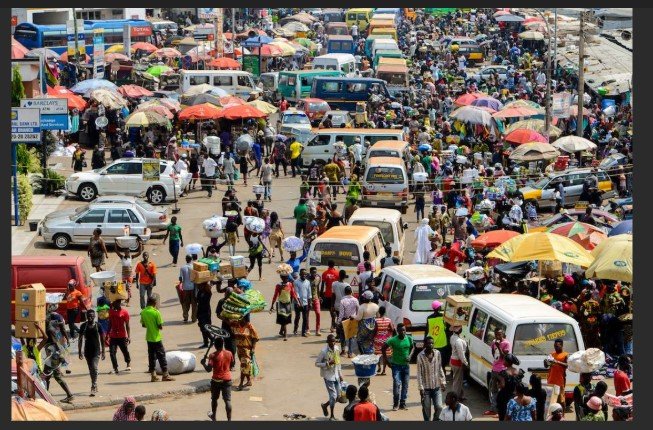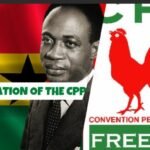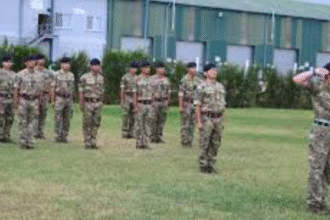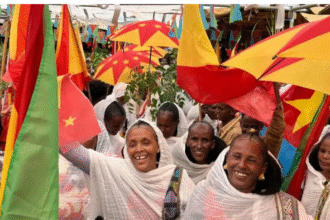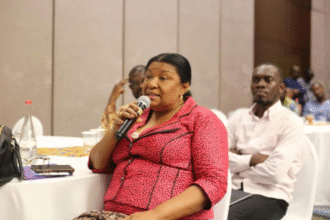By Abu Hassan
ACCRA, GHANA – A deep sense of disillusionment is sweeping through the Ghanaian electorate, characterized by a growing perception that the nation’s political duopoly—the National Democratic Congress (NDC) and the New Patriotic Party (NPP)—have abandoned the mandate of governance in favor of perpetual ideological and cultural warfare.
Voters and political analysts alike are increasingly describing the two dominant parties not as competing administrative institutions ready to govern, but as warring factions locked in a zero-sum political theater. This realization is leading many Ghanaians to reflect on the country’s foundational years, particularly the era of the Convention People’s Party (CPP), often romanticized as a time when political energy was singularly focused on national respect and development.
The Rise of the ‘Cultural Warrior’
For decades, political discourse in Ghana has been dominated by a cycle of power transition between the NDC and the NPP. However, recent years have seen this competition devolve into what critics call an existential battle for cultural and historical supremacy, overshadowing critical socio-economic challenges.
The “cultural warrior” label stems from the parties’ focus on score-settling, historical revisionism, and the systematic dismantling of the opposing party’s achievements upon assuming office.
“Every four years, Ghanaians are subjected to a high-stakes drama where the goal isn’t to build upon previous work, but to prove the other side is fundamentally incapable or morally corrupt,” once noted by Dr. Maame Yaa Ofori, a political science lecturer at the University of Ghana. “The focus is on identity politics, defending historical narratives, and tribal alignment, rather than transparent, long-term policy formulation for infrastructure, debt management, or education reforms.”
Voters express frustration that policy continuity—a cornerstone of effective governance—is nonexistent. Major projects sponsored by one administration often stall or are rebranded by the successor government, wasting taxpayer money and resulting in significant policy paralysis.
“We vote for leaders who promise to govern, but we get generals fighting old battles,” said Kwame Mensah, a business owner in Accra. “The political atmosphere is toxic. When they spend all their energy fighting over who built a market or who signed an agreement decades ago, who is handling the crippling inflation and the power outages?”
Nostalgia for the Governing Mandate
In contrast to the current political climate, many Ghanaians are looking back at the legacy of the Convention People’s Party (CPP), led by Ghana’s first president, Dr. Kwame Nkrumah, with profound nostalgia.
The CPP, which successfully led the nation to independence in 1957, is remembered by many as an institution driven by a clear, unified mission: to build a modern, independent state respected globally.
During its tenure, the CPP focused rapidly on industrialization, education (the establishment of free basic education), infrastructure (the Akosombo Dam), and foreign policy that placed Ghana firmly at the center of the Pan-African movement.
“The CPP, for all its eventual shortcomings, had a governing mandate that was palpable. They were institution builders,” argues historian Prof. Adongo Nti. “Their leaders made Ghana a respected voice across Africa and in the world—a true benchmark of black achievement and progress. The focus was outward and forward-looking.”
This historical comparison serves to highlight what voters feel is missing today: a focus on national interest and a commitment to rigorous, non-partisan administration. The current political debate, focused heavily on insults, character assassination, and perpetual cycles of blame, appears petty when contrasted with the broad, inspiring vision of the independence movement.
The Challenge Ahead
The growing frustration represents a significant challenge for the NDC and the NPP as they head into the crucial 2024 general elections. While the structural reality of Ghanaian politics ensures that power will almost certainly remain within the grasp of the two giants, the shift in public perception signals a deep crisis of confidence.
The electorate’s realization that the dominant parties are prioritizing political survival and cultural dominance over sound national administration suggests a hunger for alternative political voices or a dramatic shift in the conduct of the major parties.
“This is not just disillusionment; it is an indictment,” once concluded Dr. Ofori. “If the major parties do not refocus their energies from fighting history to administering the future, the political center ground will continue to erode, deepening apathy, and potentially paving the way for a viable third force that promises to put governance back before warfare.”


